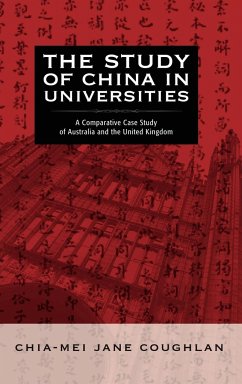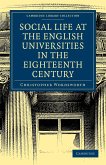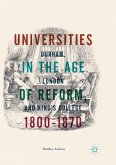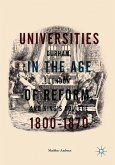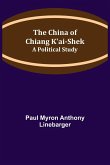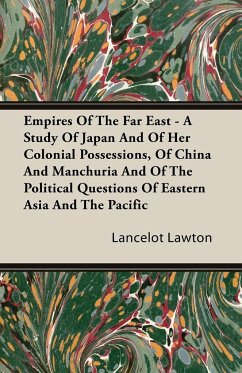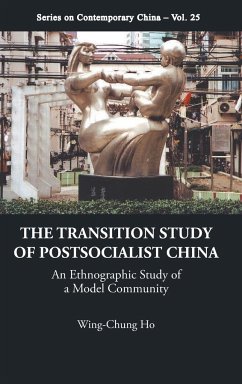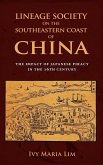The central concern of this book is the construction of the realm of Chinese studies. The political significance of China (PRC) in the world has greatly increased in the past two decades. The introduction of the Chinese government's open-door policy in the years following the end of the Cultural Revolution in 1976 resulted in a takeoff in economic growth in China which made many countries, such as the United States, Australia, and leading European countries, compete and strive for a share of the expanding Chinese market. The policies regarding China for these countries are essentially determined and influenced by a mixture of factors such as regional security, economic, trade, and political advantage in accordance with the changing role of China in the world. Attracted by very strong growth in the Chinese economy over the last two decades, the UK and Australian governments have urged their universities to increase engagement with China in order to raise their national market share and profile for economic and political advantage. Thus, British and Australian scholarship of China has been increasingly influenced by the political and economic climate of the time. As the importance of China on the world stage greatly increased, particularly since the 1980s, the demand for specialists soared, and specialization in the study of China was developed in various disciplines in universities. Since the 1990s, the debate in many Western countries, as to the role of a university, together with constraints in the public funding of higher education, has much affected Chinese studies in terms of being a department, both in the scope of the curriculum and as a realm of knowledge. Tensions result from the conflicting pressures of utilitarian measures versus the love of pure scholarship. Beneath these pressures and tensions, the meaning of Chinese studies is constantly challenged and changed in a university. The focus of this book is to identify what marks the tension in the way the study of China is constructed in a university, and the educational implications arising from such processes. The book specifically examines how the macro contexts of economics and politics contribute to the process of the construction of Chinese studies in universities, as well as the ways in which social phenomena at the departmental level play a part in such a process. This is an important book for those in Asian studies and education.

